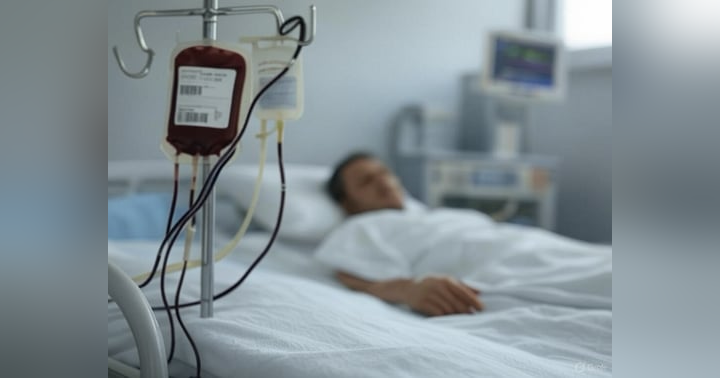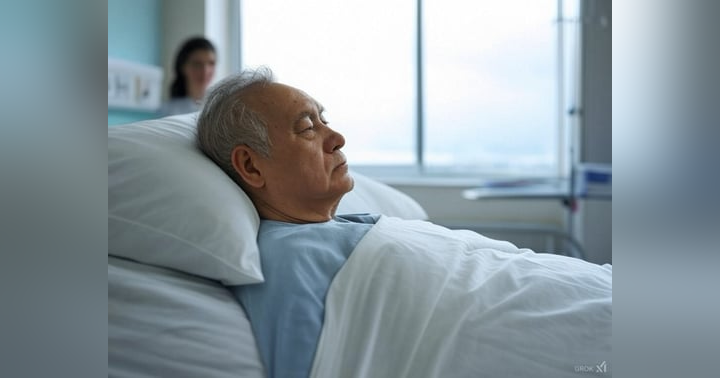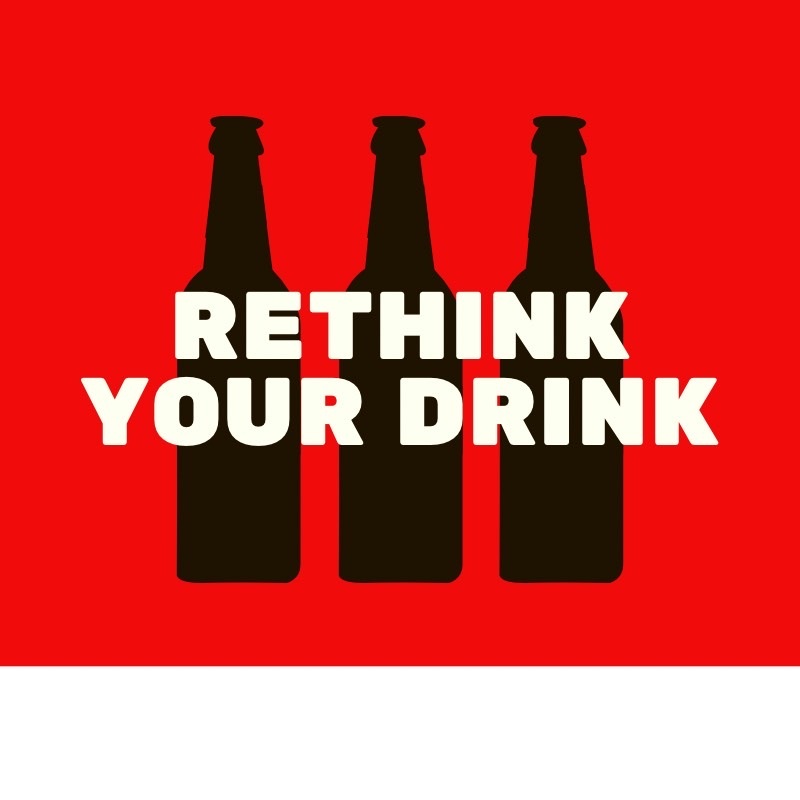Nov. 13, 2024
PLEASE Do Not Do This To Treat Food Poisoning

I came across an article in the NY Times about a TikTok video that claimed drinking alcohol may prevent you from getting food poisoning. The person in the video ate something she felt was questionable, and so she cited a study that suggested alcohol consumption may be protective against food-borne illness. The article went on to say:
There may be an ounce of truth to the notion that drinking alcohol around the time you eat contaminated food can reduce the chances of food poisoning, experts said. But the evidence to support the claim is limited.
That the evidence is "limited" is an understatement. I read the two studies cited in the article. The first was published in 1992. It was a case-control study of a hepatitis A outbreak from oysters, and they found that those who drank concentrated alcoholic drinks (>10%) had a decreased risk. Yet, the crude ratio (0.4) had a very wide confidence interval, and it was not statistically significant.
The other study, the one cited in the TikTok, was published in 2002. It found that consuming more than 40 g of alcohol protected against a Salmonella food-borne outbreak in Spain. This finding was statistically significant.
One thing that neither the NY Times reporter nor the experts interviewed for the article mentioned was gastric acid. It is gastric acid that is the most protective against food-borne illness, and gastric acid is, in fact, the body's first line of defense.
Why?
The pH of gastric acid is anywhere between 1 and 3.5. That is VERY acidic, and most things - if not all things, including pathogens - are destroyed by fluid that acidic. If someone were to eat something that was contaminated, such as potato salad, on an empty stomach, it is less likely that this person will get sick from that contaminated food due to the stomach acid.
If, however, someone eats a hamburger, then chips, and then the contaminated potato salad, the other food has bound the stomach acid, and it is more likely that this person will get sick from the contaminated food.
Indeed, in both of those studies, there is no data on when the people who drank more alcohol actually ate the contaminated foods. If they ate the foods on an empty stomach, before the alcohol, then it may have had nothing to do with the alcohol at all.
Moreover, the authors of the 2002 study concluded their paper by writing this:
These findings do not mean that alcoholic beverages should be recommended as a protective factor against infectious food-borne diseases. The universal recommendations for good practices among food handlers and food safety are the best way to prevent such outbreaks.
I could not agree more.
Alcohol is a known neurotoxin, cardiotoxin, hepatotoxin, and carcinogen. The NY Times article also discussed how alcohol can weaken the immune system. Of all the things I can think of to prevent food-borne illness, drinking alcohol is probably the last thing on my list. PLEASE don't do that.
What Is A Blood Transfusion, Truly?
Many ICU patients suffer from anemia. Some are chronically anemic, and others develop anemia due to their acute illness (such as bleeding, for example). Multiple specialty societies have developed guidelines over when to transfuse red blood cells, a…
Death is Not a Failure
In my conversation with Dr. Elaine Chen of Rush University Medical Center, who is both an Intensive Care and Palliative Care physician, I asked her how being a Palliative Care specialist has helped her as a Critical Care physician. The thing that st…







